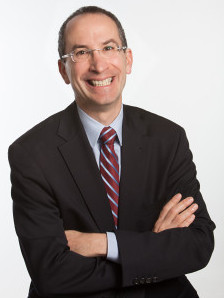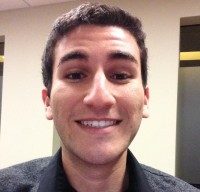Teachable Moments: An Evening in the Emergency Room
I’m an academic and an educator. When I was diagnosed with breast cancer, I chose to be treated in a university setting. It felt right to me, that if I had to go through the experience of breast cancer, that my body would become a teaching tool. It helped provide some form of meaning to the experience. It is with this lens that I found myself regretting not calling out to the clearly first-rotation medical student while in the emergency room.















